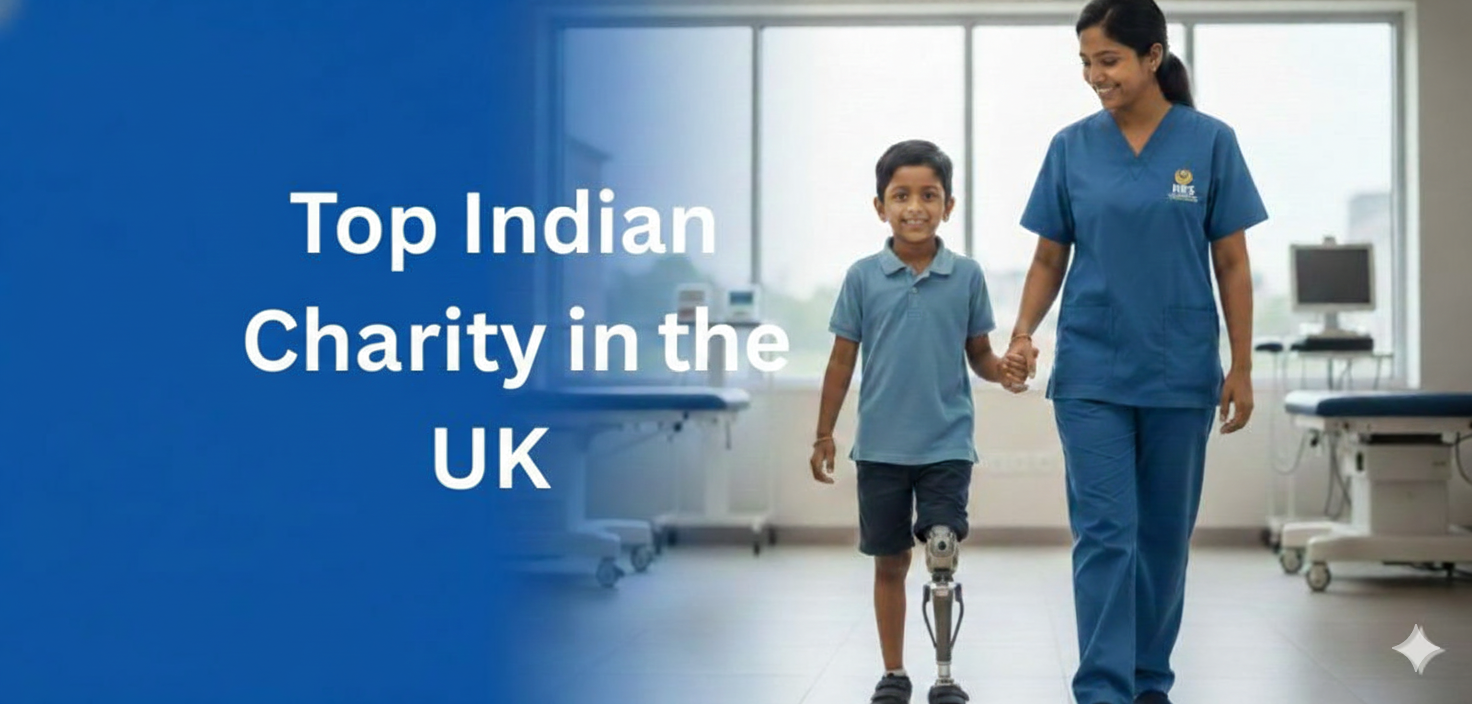Find the Top Benefits, Relief Schemes, and Steps to Claim Your Credits
In today’s dynamic work culture, a common question arises: How can we optimize tax savings while meeting our obligations? With strategic planning, you can retain more of your hard-earned money by understanding available tax relief schemes and deductions.
Understanding Your Taxes
Understanding the UK tax system is fundamental to effective financial planning. Taxes like Income Tax and National Insurance contribute to vital services, including healthcare and pensions. Familiarizing yourself with these taxes can reveal opportunities to reduce your liabilities. Here’s a breakdown:
- Income Tax: Paid on earnings above the Personal Allowance threshold.
- National Insurance Contributions (NICs): Primarily fund state benefits, calculated based on income and employment type.
Statistical Snapshot: Key Tax Allowances and Credits
- Personal Allowance: For the current tax year, individuals can earn up to £12,570 tax-free. This allowance is a valuable tool for lowering taxable income and managing finances.
- Marriage Allowance: If married or in a civil partnership, you can transfer up to 10% of unused Personal Allowance to your partner, potentially saving up to £252 per year in taxes.
Family Benefits
- Child Benefit: Financial support available for raising children, albeit subject to a high-income charge if your income exceeds £50,000. It remains a crucial resource for families across the UK.
Disability Benefits and Tax Relief
Individuals with disabilities can also benefit from various tax exemptions and relief schemes. These benefits not only provide financial support but also help reduce taxable income. Here are some key areas where people with disabilities can benefit:
1. Disability Living Allowance (DLA) / Personal Independence Payment (PIP)
- DLA and PIP provide essential financial support to individuals with disabilities, helping cover additional costs of living, mobility, and care.
- While DLA/PIP payments themselves are not taxable, they help improve financial stability, allowing individuals to allocate more funds toward tax-saving strategies.
2. Disability Tax Relief
- There are several tax relief schemes available to individuals with disabilities in the UK, including exemptions on certain benefits and tax deductions for disability-related expenses.
- Blind Person’s Allowance: This provides an additional £2,520 (for the tax year 2024-2025) tax-free income for people who are registered blind.
- VAT Exemptions: Individuals with disabilities can benefit from VAT exemptions on certain goods and services, such as equipment for mobility and care needs.
3. Employment Support Allowance (ESA)
- ESA is available for individuals unable to work due to illness or disability, offering a financial safety net while they manage their condition. It’s vital to know that ESA is generally not taxable, which can contribute to a reduction in overall tax liabilities.
4. Tax Relief for Disabled Workers
- If you are employed and have additional disability-related expenses (such as special work equipment or transport costs), you may be eligible to claim tax relief on those expenses.
- Access to Work Scheme: This government program can help fund disability-related support at work, such as adaptations to your work environment or support workers, which can be offset against your taxable income.
Effective Tax-Saving Strategies
To maximize your tax savings, employ the following strategies:
- Gift Aid Donations: Donations made through Gift Aid can reduce your taxable income. For every £1 you donate, charities receive an extra 25p at no additional cost to you. This also increases the value of your contributions to organizations like Narayan Seva Sansthan, allowing them to empower more lives, especially those who are differently-abled. (Source: gov.uk)
- Pension Contributions: Investing in a pension not only supports your retirement but also provides tax relief. Contributions up to the annual allowance (£60,000 for the current year) are tax-deductible, reducing your taxable income significantly.
- Self-Employment Expenses: Track deductible expenses like travel and supplies. Accurate records of business costs can substantially reduce taxable income for the self-employed.
Claiming Deductions Effectively
Proper documentation is key to maximizing your deductions. Save receipts and maintain records of income and expenditures throughout the year. Here are some tips:
- Timely Tax Returns: Filing on time helps avoid penalties. Late submissions to HMRC may incur fines ranging from £100 to daily interest charges.
- Professional Assistance: If tax planning seems complex, consider consulting a tax advisor to ensure all eligible deductions and credits are captured.
Debunking Tax Myths
Misconceptions about tax deductions are common. Not every expense qualifies for a deduction, and unplanned tax management can result in missed savings opportunities. Staying informed can help you make the most of available benefits.
Conclusion
Optimizing your tax benefits requires organization, understanding, and proactive planning. By taking advantage of Gift Aid, you not only support charitable causes like Narayan Seva Sansthan but also enhance your tax savings. Individuals with disabilities should explore all available tax reliefs and exemptions to further reduce their tax burdens. Remember, informed decisions can positively impact your finances.
If you have specific tax questions, don’t hesitate to reach out to a qualified tax advisor. Your savings journey begins with a single step toward informed tax management!
FAQs
Q. What is the personal allowance for the current tax year?
A. Personal allowance changes annually. Refer to HMRC’s website for the latest figures.
Q. How can I check if I qualify for tax credits?
A. Use HMRC’s eligibility calculator or consult a tax professional to determine eligibility.
Q. What penalties exist for late tax return submissions?
A. HMRC imposes fines and interest for late returns; filing on time is essential.
Q. How do changes in personal circumstances affect tax savings?
A. Life changes like marriage or having children may impact eligibility for specific tax benefits.
Q. Are there any tax savings available for students and graduates?
A. Certain deductions apply; check if student loan repayments or specific expenses qualify.
Q. What disability benefits can reduce my taxable income?
A. Benefits like DLA, PIP, Blind Person’s Allowance, and VAT exemptions can help reduce your tax liabilities.








